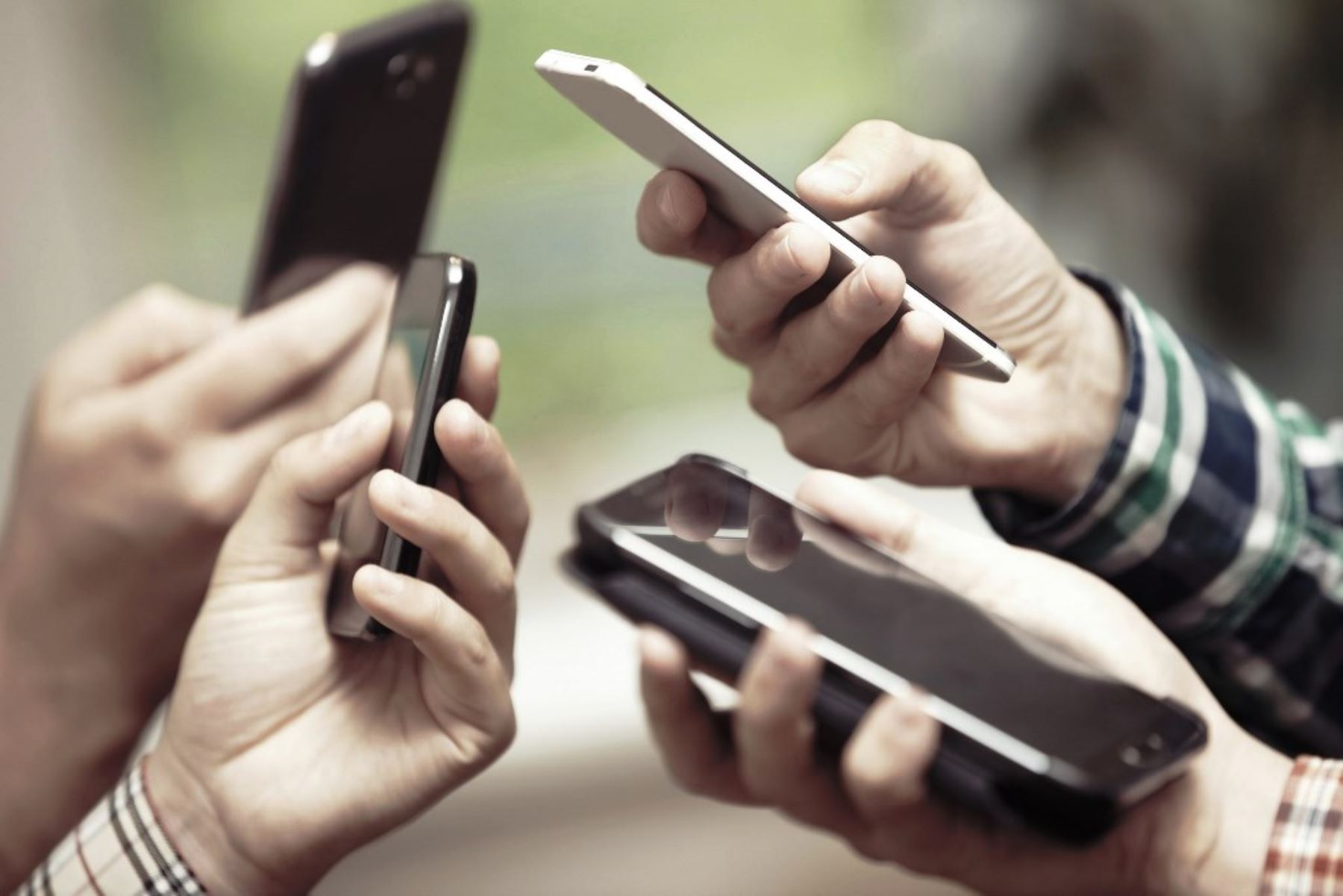
On April 22 of this year, the third phase of the National Registry of Mobile Terminal Equipment for Security (Renteseg) began and with it the implementation of the “White List”, as established by Legislative Decree No. 1338, with information on registered mobile terminal equipment and authorized to operate in our country.
This list was supposed to come into effect on July 22. However, it was temporarily suspended in order to seek approval of a new regulatory proposal to ensure the optimal functioning of the system and avoid possible repercussions.
The latest statement from the Ministry of the Interior and Osiptel would be, in the words of Crisólogo Cáceres, president of the Peruvian Association of Consumers and Users (Aspec), surprising and would reveal a setback in the fight against cell phone trafficking in our country.
“It is striking that the statement was signed by Osiptel, which was the main proponent of the measure. The justification is puerile and unusual and is not fully understood. This implies a step backwards in a line of work that has been followed for years,” he points out.
Even with the uncertainty of when this measure would be applied as part of the third phase of this system, there is no sign of a response to concerns about the consequences it would have on users.
Without hesitation
Cáceres says that the phone would not be blocked immediately, but that users who do not have their mobile phone registered on the white list would receive a text message with a 48-hour deadline to regularize their registration.
For his part, Jaime Delgado, a consumer protection specialist, emphasizes that it would be a waste of time and money. He also points out that The problem that this would represent for those living in rural areas would not be taken into account..
“What about those who live far from the city? They would have to travel to be able to register their phones; that is, they would have to invest not only time but also money that they often do not have to avoid being cut off from communication,” he says.
Carlos Huamán, executive director of DN Consultores, explains that many users would be disconnected for at least a month, which would force them to buy devices that cost US$160 on average, which This is equivalent to an economic impact of around US$60 million per month.among other additional costs that would be incurred.
“One of the economic costs of this measure is that people will have to stop their daily work or study activities to make a claim not to the operator but to the commercial firm and, later, to Indecopi,” he said.
He also warns that the database with sensitive information makes users the main victims, and that, at an international level, the main source of databases that are more attractive to cybercrime are those generated by the State itself.
On the other hand, Delgado argues, that This measure would discourage tourism since foreign visitors would have to register their cell phones themselves.since these would not be included in the white list for obvious reasons.
Additional costs and global view
- According to the National Investment Promotion Association, 750,000 mobile devices are activated each month.
- The claim process would entail an opportunity cost of US$15 million per month that users would no longer receive, according to DN Consultores.
- Countries such as Mexico, Ecuador and Colombia have failed in trying to implement this system.
- In Mexico there is a ruling that declares this measure unconstitutional for violating personal data.
Source: Larepublica
Alia is a professional author and journalist, working at 247 news agency. She writes on various topics from economy news to general interest pieces, providing readers with relevant and informative content. With years of experience, she brings a unique perspective and in-depth analysis to her work.












